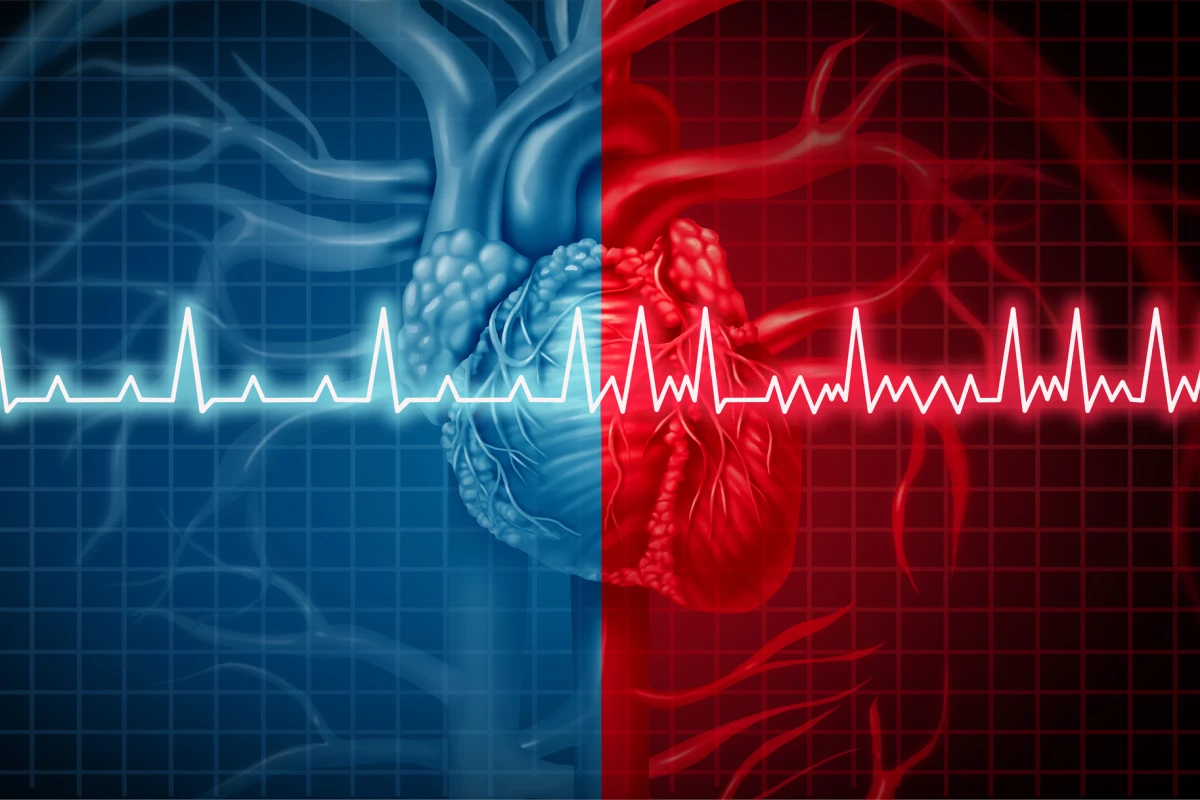Nearly 10 percent of adults over the age of 65 suffer from some kind of congestive heart failure (CHF). There are a variety of different causes for CHF but the fundamental chronic condition generally results from the heart being unable to pump blood effectively through the body.
X-rays, blood tests, and ultrasounds all offer clinicians useful ways to diagnose CHF, but one of the more common methods involves using electrocardiogram (ECG) signals to determine heart rate variability over a number of minutes, or even multiple measurements over days. An impressive new approach has now been demonstrated, using a convolutional neural network (CNN) that can identify CHF nearly instantly by checking ECG data from just one heartbeat.
“We trained and tested the CNN model on large publicly available ECG datasets featuring subjects with CHF as well as healthy, non-arrhythmic hearts,” says Sebastian Massaro, from the University of Surrey. “Our model delivered 100 percent accuracy: by checking just one heartbeat we are able detect whether or not a person has heart failure. Our model is also one of the first known to be able to identify the ECG' s morphological features specifically associated to the severity of the condition.”
As Massaro suggests, the team’s system is currently reporting an incredible 100 percent accuracy rate, but the research is not without some limitations. Most importantly, the data used in the current study only consisted of ECG readings from either severe CHF patients or healthy subjects. The researchers do note results may not be as accurate for patients with milder CHF, so more work certainly needs to be done to verify a broader spectrum of CHF diagnoses before the technology is rolled out in clinical practice.
Nevertheless, the new technique adds to a number of exciting AI-driven diagnostic tools currently in development, which promise a revolution in clinical approaches to evaluating medical data. Most recently a team from the Mayo Clinic trained a neural network to identify patients suffering from asymptomatic left ventricular dysfunction, a precursor to heart failure that is notoriously difficult for clinicians to easily detect, using just 10 seconds of ECG data.
Even more interesting is the possibility of wearable health monitoring devices being able to help doctors identify at-risk patients without having to examine them in clinical contexts. Massaro and his team suggest their work, using short ECG recordings to detect CHF, could pave the way for health wearables that constantly monitor patients in real-world conditions.
“This is an important result because, with the increasing availability of wearable devices capturing interim ECG recordings (e.g., smart-watches), accurate CHF detection and prediction might be soon performed through devices people carry in everyday situations,” the researchers conclude in a newly published article.
The new research was published in the journal Biomedical Signal Processing and Control.
Source: University of Surrey




